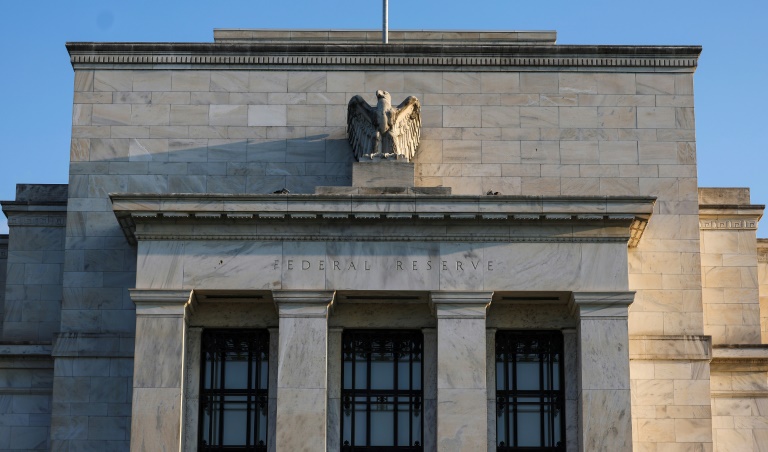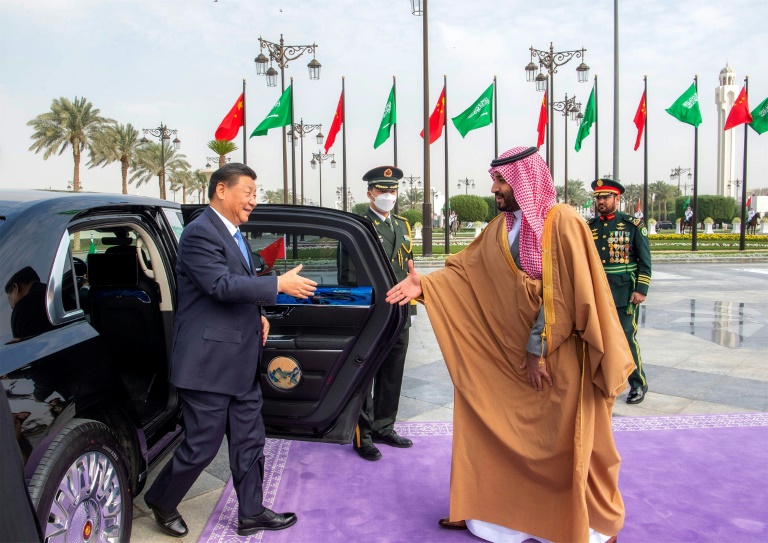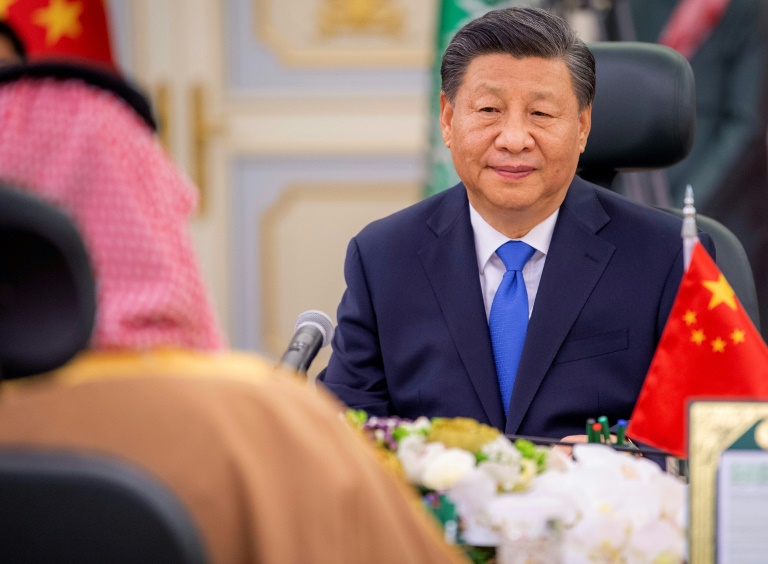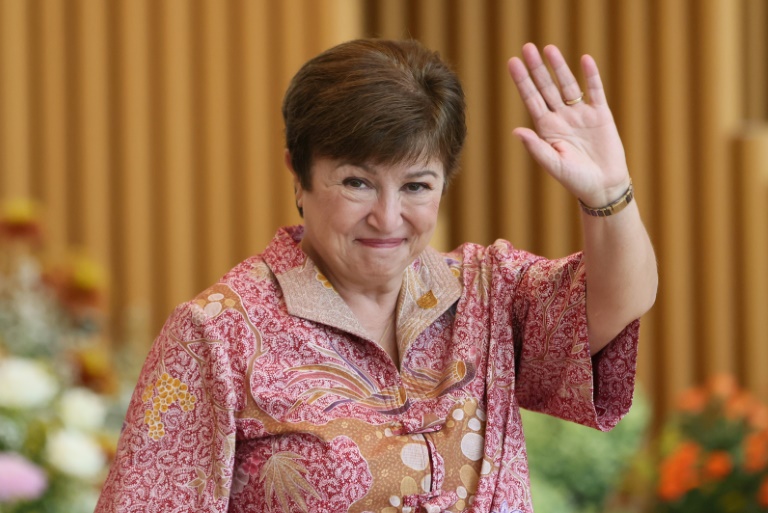Stock markets begin week lower ahead of key rate decisions
European stock markets dropped Monday following losses in Asia, as investors looked ahead to interest rate decisions this week from major central banks including the Federal Reserve.
The dollar traded mixed against its main rivals, while oil prices retreated further following sharp falls last week.
Analysts are forecasting the Fed and the European Central Bank to announce smaller rate hikes at their meetings this week compared with recent decisions.
The Bank of England is meanwhile on course for a ninth increase in a row as policymakers try to bring down inflation from the highest levels in decades.
“Following a softer session in Asia, European markets are on edge, opening the week lower ahead of a critical few days for central bank action,” noted Victoria Scholar, head of investment at Interactive Investor.
“The ECB, the Fed and the Bank of England are expected to raise rates by 50 basis points each as the pace of tightening looks set to slow.”
The half-point jumps will still be steep rises, however, as central banks struggle to cool the pace of price increases, particularly regarding energy and food.
Ahead of the Fed’s policy meeting, investors were set to digest US inflation data due Monday.
Traders were keeping an eye also on developments in China as it moves away from the zero-Covid policy that has hammered its economy, the world’s second largest after the United States.
The shift comes after widespread protests against the near three-year strategy, though there is concern about the expected spike in infections.
Uncertainty surrounding the strength of China’s demand recovery has hit oil prices hard, with crude futures shedding more than 10 percent last week.
“The gradual easing of Chinese Covid restrictions is… expected to lead to a further upswing in demand,” said Susannah Streeter, senior investment and markets analyst at Hargreaves Lansdown.
“However, concerns about the rapid spread of the virus remain, and China will have a tough fight on its hands, dealing with an expected explosion of infections while trying to open up the economy.”
– Key figures around 1200 GMT –
London – FTSE 100: DOWN 0.2 percent at 7,462.48 points
Frankfurt – DAX: DOWN 0.3 percent at 14,329.81
Paris – CAC 40: DOWN 0.3 percent at 6,659.99
EURO STOXX 50: DOWN 0.4 percent at 3,926.69
Tokyo – Nikkei 225: DOWN 0.2 percent at 27,842.33 (close)
Hong Kong – Hang Seng Index: DOWN 2.2 percent at 19,463.63 (close)
Shanghai – Composite: DOWN 0.9 percent at 3,179.04 (close)
New York – Dow: DOWN 0.9 percent at 33,476.46 (close)
Euro/dollar: UP at $1.0570 from $1.0534 on Friday
Dollar/yen: UP at 136.84 yen from 136.57 yen
Pound/dollar: UP at $1.2275 from $1.2262
Euro/pound: UP at 86.13 pence from 85.90 pence
West Texas Intermediate: DOWN 0.7 percent at $70.55 per barrel
Brent North Sea crude: DOWN 0.9 percent at $75.44 per barrel







